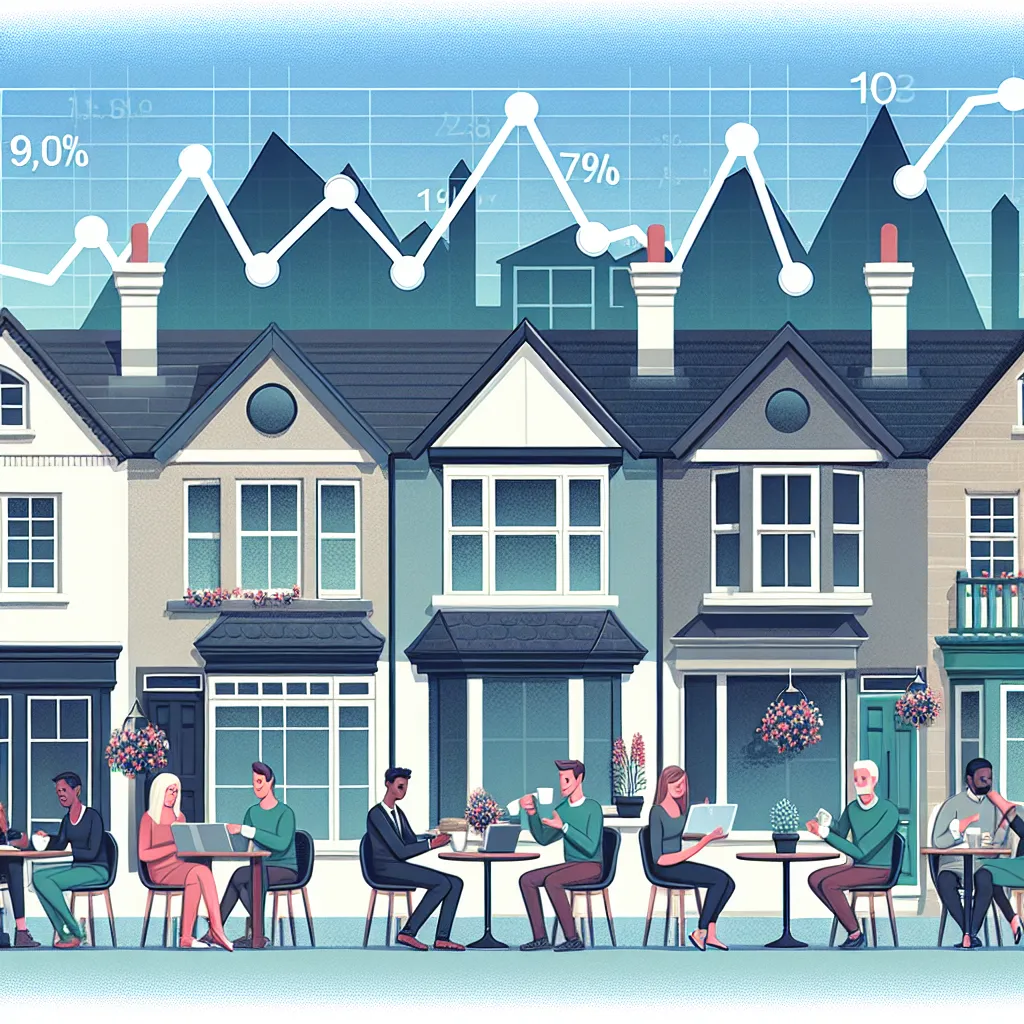In today’s financial landscape, understanding interest rates in the UK is like trying to catch a fish in a stormy sea. The rates ebb and flow, influenced by a multitude of economic factors. Whether you’re buying your first home or looking to refinance, getting a grip on current interest rates can dramatically impact your financial decisions. But what exactly is going on with interest rates in the UK today, and how can you navigate this complex terrain?

Understanding Interest Rates in the UK
Interest rates are essentially the cost of borrowing money or the reward for saving it. The Bank of England sets the base rate, influencing the rates that banks offer to consumers. When the base rate is low, borrowing is cheaper, and saving yields less return. Conversely, a high base rate makes loans more expensive but is beneficial for savers.
Why Do Interest Rates Change?
Interest rates change based on inflation, economic growth, and employment levels. For instance, if inflation is high, the Bank of England might increase rates to encourage saving, thus reducing spending and cooling the economy. It’s a delicate balance, akin to walking a tightrope, where the goal is to maintain economic stability.
Current Interest Rates: A Snapshot
Here’s a quick look at the current landscape of interest rates in the UK:
| Mortgage Type | Initial Rate | Follow-up Rate | APRC |
|---|---|---|---|
| 2-Year Fixed Standard | 4.14% | 6.99% | 6.7% |
| 5-Year Fixed Premier | 3.79% | 6.99% | 5.9% |
| Tracker Mortgage | 5.19% | 6.99% | 6.9% |
These figures suggest that while fixed rates offer stability, tracker mortgages carry the potential for fluctuating payments.
How Interest Rates Affect You
Whether you’re a homeowner or a prospective buyer, understanding how interest rates affect your mortgage is crucial. Higher rates mean higher monthly payments, which can stretch your budget thin. On the flip side, lower rates offer the chance to save money if you’re looking to remortgage or buy a property.
Renting vs. Buying
Renting offers flexibility, but buying a home can be a better investment, especially when interest rates are favorable. It’s like choosing between renting a car and owning one; the latter usually offers more value in the long run. However, with fluctuating rates, the decision isn’t always straightforward.
Selling a Property
For those selling, interest rates can affect how quickly your property sells. Lower rates can increase demand, as more buyers can afford mortgages. It’s a bit like a sale in a store; lower prices often lead to more foot traffic and quicker sales.
The Role of AnySqft
Navigating the property market can feel like wandering through a labyrinth without a map. This is where AnySqft’s AI-driven platform comes into play. By analyzing extensive market data, it offers personalized recommendations, making buying, selling, or renting properties in the UK a breeze.
Tips for Navigating Interest Rates
- Stay Informed: Regularly check the Bank of England’s announcements and financial news.
- Consult Experts: Financial advisors can provide insights tailored to your situation.
- Consider Fixed Rates: If stability is your goal, fixed rates can offer peace of mind.
- Evaluate Your Finances: Understand your budget and how rate changes could impact you.
Visualizing Interest Rate Trends
A simple graph can illustrate the changes in interest rates over the past year:
| Month | Average Rate (%) |
|---|---|
| January | 4.5 |
| March | 4.3 |
| June | 4.7 |
| September | 4.8 |
| December | 4.6 |
This table shows the subtle fluctuations in rates, emphasizing the importance of timing in financial decisions.
Conclusion
Interest rates in the UK today are a critical factor for anyone involved in the property market. They influence every decision, from renting to buying, and even selling properties. Staying informed and using tools like AnySqft can help you navigate this complex environment with confidence. Remember, in the sea of financial decisions, the right information is your compass.
Interest Rates UK Today
As of now, the Bank Rate in the UK is 5%, affecting borrowing and saving rates. Here’s a quick breakdown:
- Mortgages: Average rates for fixed mortgages exceed 5%, impacting monthly payments significantly.
- Savings: Higher rates offer better returns for savers, but these are often lower than inflation.
Key Comparisons
- Borrowing: A 1% increase can raise monthly mortgage payments by approximately £68 on a £130,000 mortgage.
- Savings: With current inflation at 2.2%, real returns are squeezed.
For tailored insights and to find the best property options, explore AnySqft today! Visit AnySqft